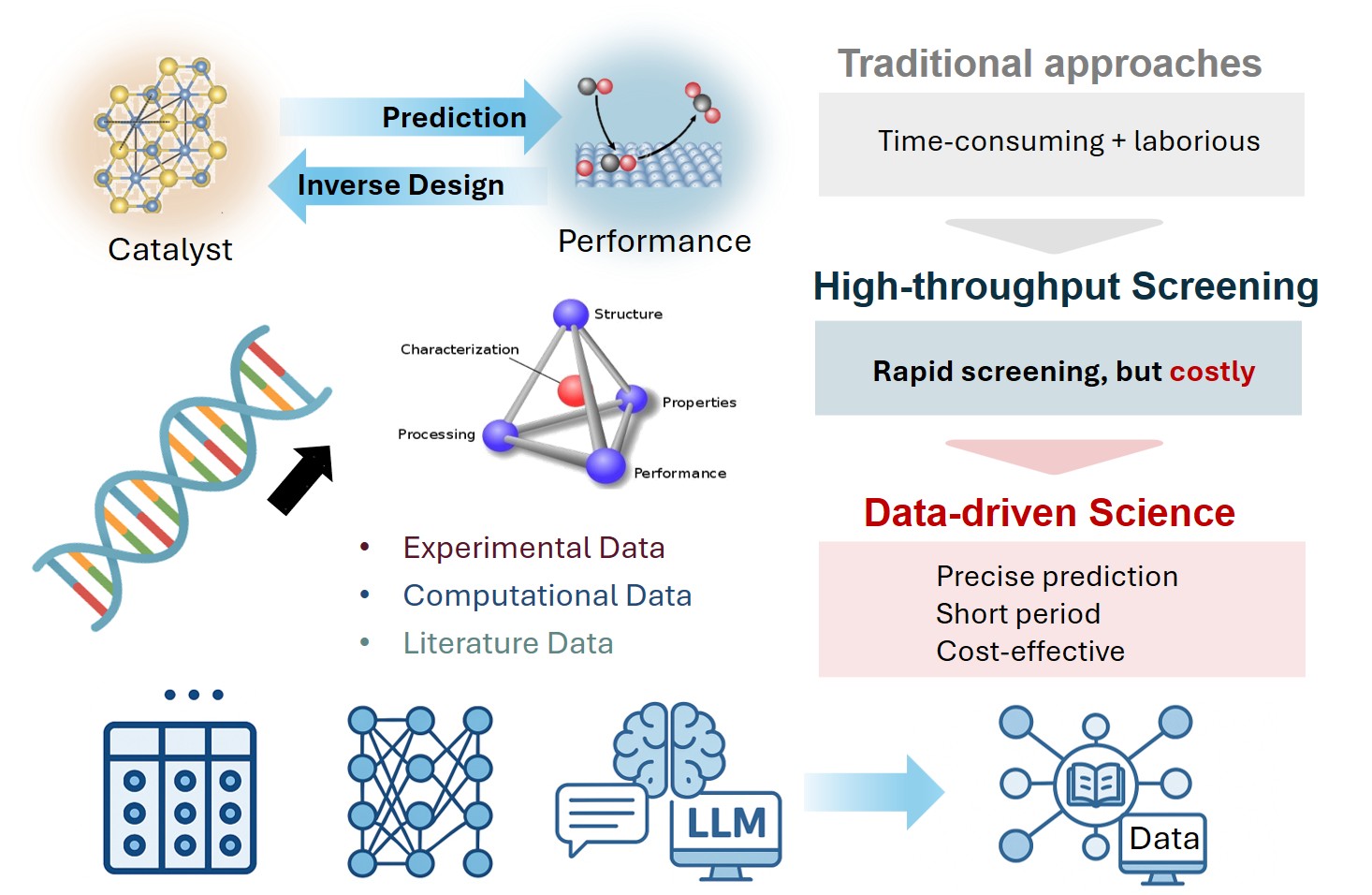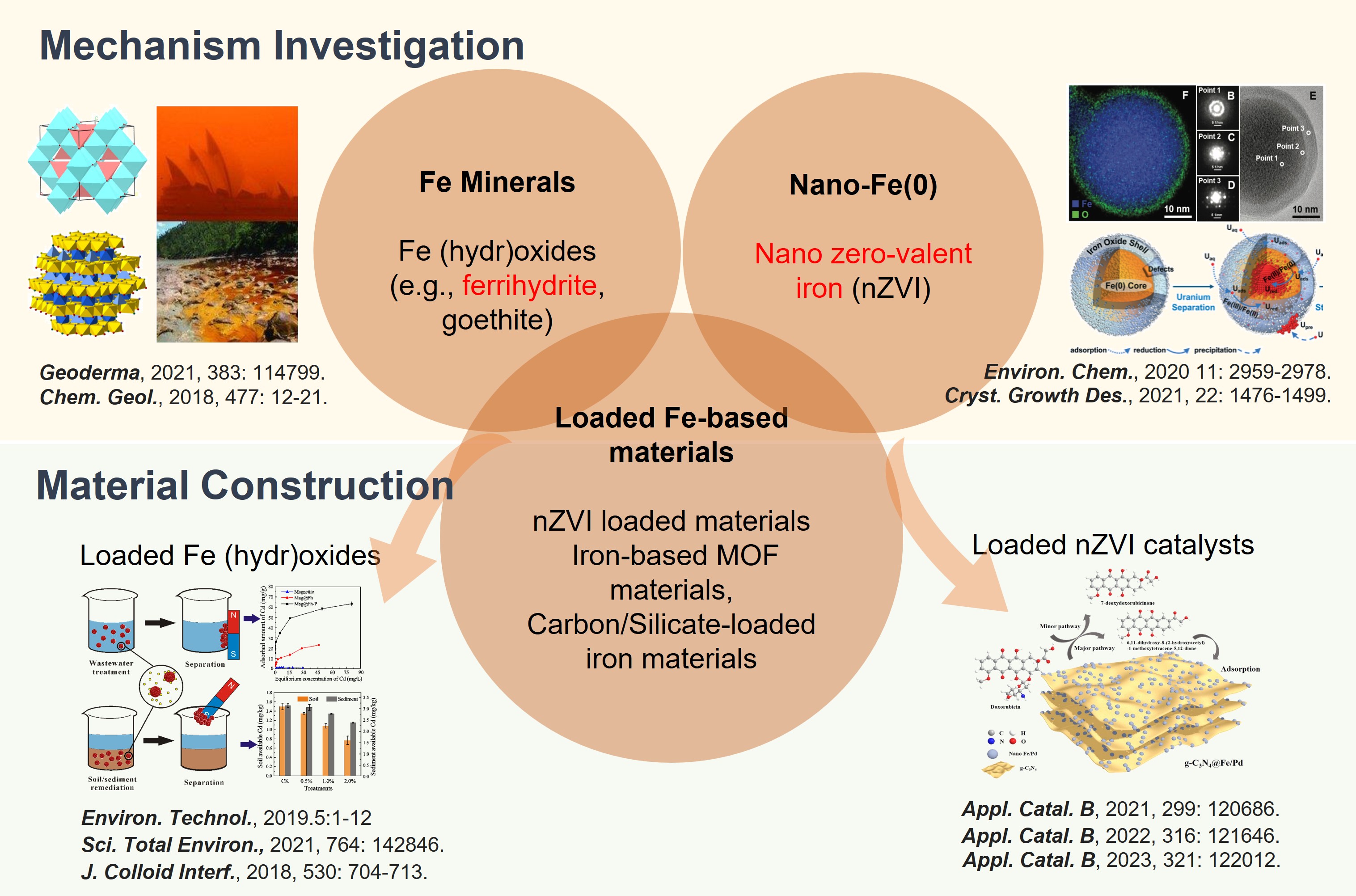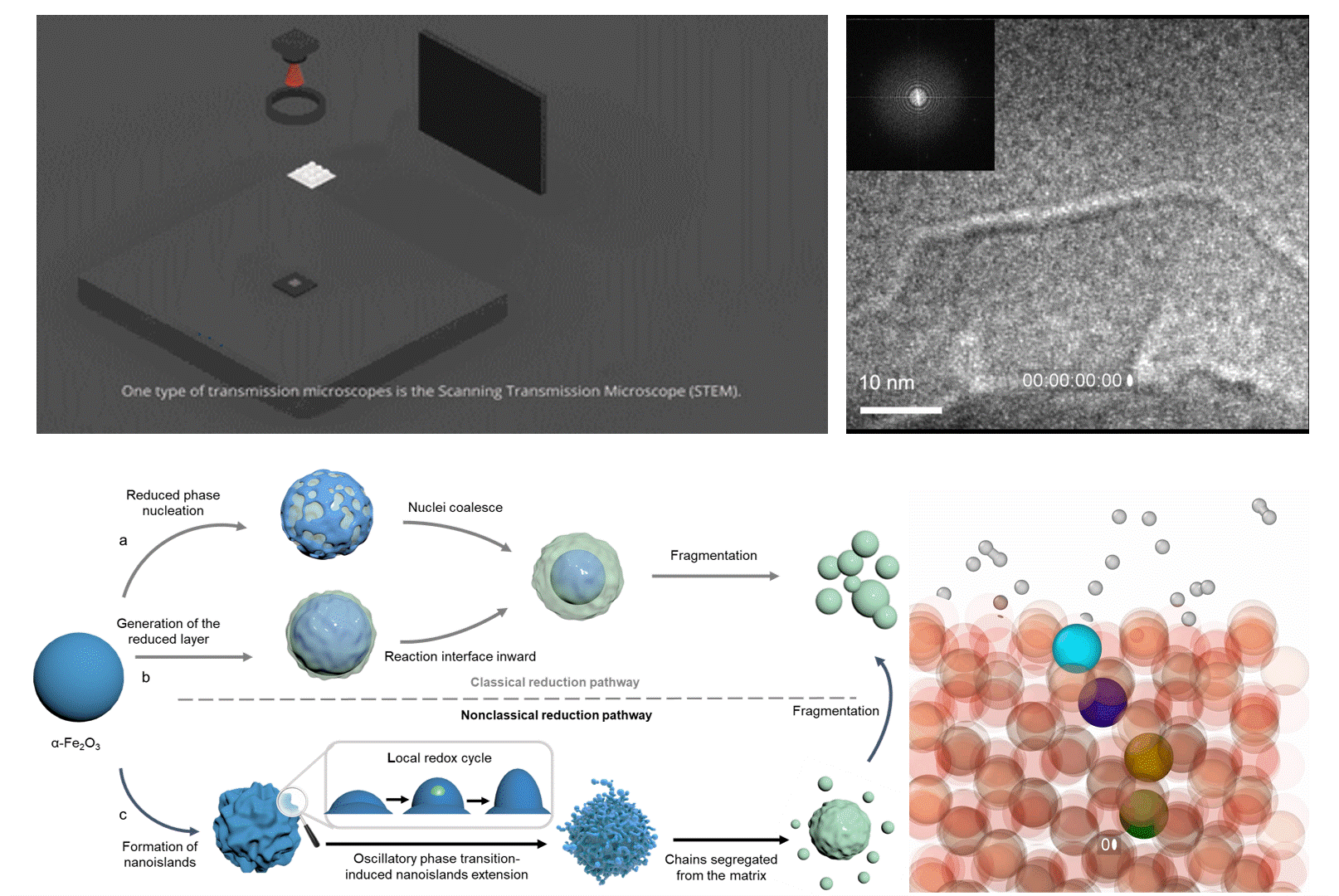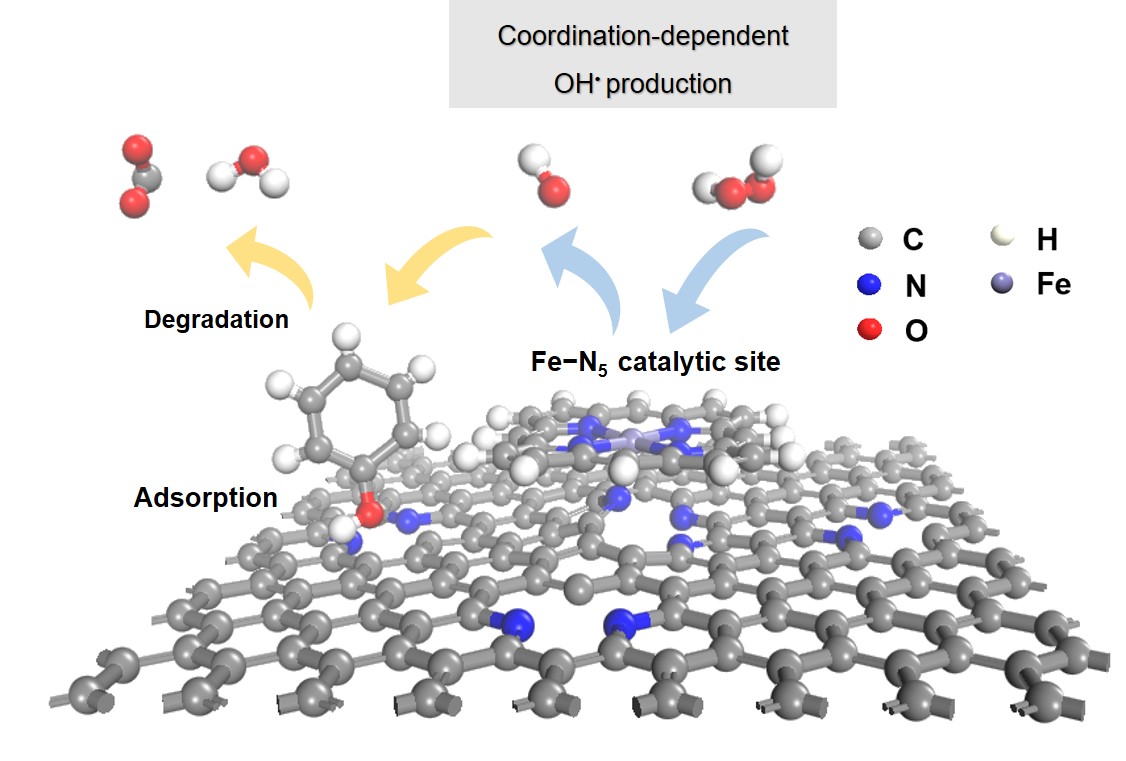
Haoyang Fu
My name is Haoyang Fu, and I am currently a Research Fellow at the School of Materials Science and Engineering, Nanyang Technological University (NTU), working with Prof. Shuzhou Li. My research interests focus on data-driven design of advanced materials for green catalytic transformation and sustainable valorization of emerging pollutants. I received my Ph.D. in Environmental Science from Tongji University, advised by Prof. Lan Ling and was previously a visiting scholar in Computational Materials Science at NTU. Before that, I obtained my M.E. degree from the Chinese Academy of Sciences (CAS), advised by Prof. Hongping He and Prof. Runliang Zhu, and my B.E. degree from Fuzhou University.
Research Interests
-
Data-driven construction of knowledge graphs for environmental catalysis
We focus on constructing data-driven knowledge graphs for environmental catalysis, integrating principles from data science, catalysis, and earth sciences. By systematically mapping complex relationships within catalytic and environmental data, the aim is to accelerate the rational design of high-performance, eco-friendly catalysts. Ultimately, we seek to provide innovative solutions for tackling pressing environmental challenges and advancing global sustainability.

-
Structural engineering of nanomaterials for catalytic upvaluing of emerging pollutants
The primary research effort involves constructing advanced functional materials by meticulously tuning their size, morphology, crystal phase, and defect sites to create specific catalytic active sites and optimized reaction microenvironments. These engineered nanomaterials are developed to efficiently catalyze the transformation of emerging pollutants by either upvaluing them or degrading them into less toxic or benign substances, thereby addressing critical challenges in environmental pollution.

-
Investigation of particle growth mechanisms and shape anisotropy using Cs-TEM and liquid-cell TEM
Utilizing state-of-the-art transmission electron microscopy techniques, including Cs-corrected TEM and in-situ liquid-cell TEM, we aim to elucidate the growth mechanisms of nanoparticles and the key factors controlling their shape anisotropy, thereby providing an experimental basis and theoretical guidance for the precise synthesis and performance regulation of functional nanomaterials.

Research is to see what everybody else has seen, and to think what nobody else has thought.
Latest News
Selected Publications




